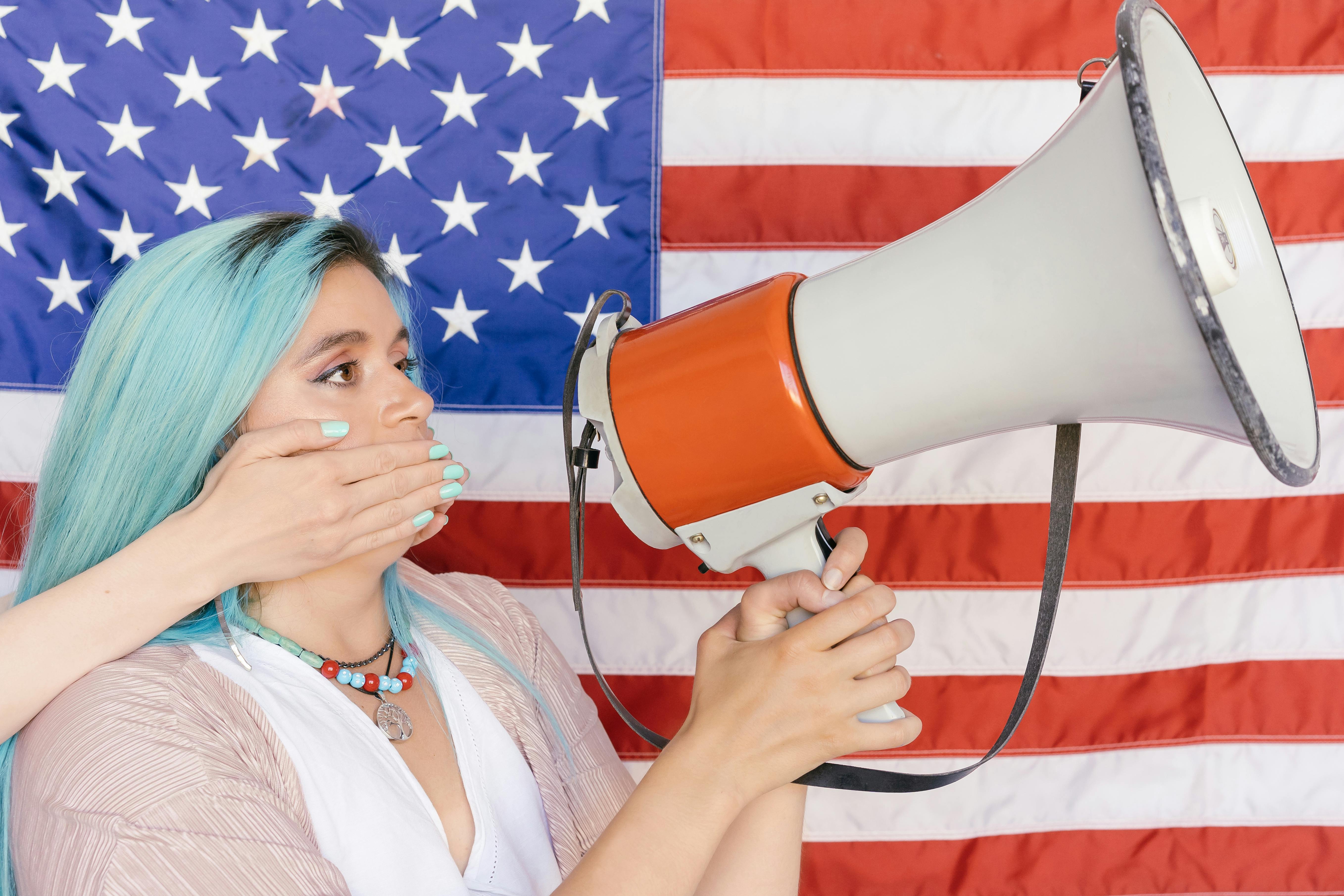
Introduction
The events of recent history have made it clear that social media plays an increasingly complicated role in our society. Following the tragic terrorist attack in Pahalgam, which shook the nation and raised deep concerns about national security, the parliamentary committee on Information Technology has initiated a critical dialogue about the responsibilities held by social media platforms. In addressing the rampant issue of anti-national content spreading across these platforms, the committee has proposed serious actions. This blog post explores the implications of their concerns, the laws in place, and what the future may hold for social media regulations in India.
Why Is the Committee Concerned?
In the wake of the Pahalgam attack, the committee observed a disturbing trend: several posts and videos circulating on social media that seemed to promote or glorify terrorism. This has understandably caused unrest among the populace, as well as significant fears about public safety. The committee firmly believes that such harmful content can undermine national unity and incite violence among citizens. The matter has become so pressing that a decision must be made concerning the extent to which social media will be held accountable for the content shared on their platforms.
What Law Supports Their Demand?
To support their call for action, the parliamentary committee referenced existing legal frameworks that empower the government to regulate online content. The key laws in this context include:
- Information Technology Act, 2000 – This law provides the government with the authority to block online content that poses a threat to the security of India or jeopardizes public order. It emphasizes the need for a protective measure in a digital realm where the boundaries of freedom of expression can often blur dangerously.
- IT Rules, 2021 – Designed to hold social media companies accountable, these rules require platforms and digital news outlets to act swiftly in addressing harmful or unlawful content. When authorities flag such content, the platforms are mandated to remove it promptly.
What Did the Committee Ask For?
The IT committee didn’t just express concerns; it took definitive steps by formally requesting the Ministries of Electronics and Information Technology (MeitY) and Information and Broadcasting (MIB) to take action. Their specific requests included:
- Providing a detailed report on ongoing actions that are taken to address anti-national posts.
- Considering a possible ban on platforms that repeatedly permit the circulation of anti-national content.
- Implementing strict monitoring and compliance requirements for social media intermediaries.
What Could Happen Next?
If the ministries align with the committee’s suggestions, there may be significant changes in how social media platforms operate in India. Several outcomes could arise:
- Stricter regulations could be enforced for major platforms such as Twitter, Facebook, and YouTube – demanding higher accountability and responsiveness to takedown requests.
- Potential permanent or temporary bans could be imposed on platforms that continuously fail to comply with content removal requests.
- Greater government oversight of digital content in India could be initiated, signaling a shift toward more stringent controls on online platforms.
Public Reaction So Far
The response from the public concerning these developments has been mixed. Supporters of the committee’s actions advocate for national security, emphasizing that protecting the nation must take precedence. On the opposite side, critics warn of the potential risks to freedom of speech and the consequences of increased censorship. This tug-of-war between preserving civil liberties and ensuring national security has garnered public attention.
Conclusion
As the dialogue between national security and digital freedom intensifies, the government must approach this complex issue carefully. The increasing misuse of social platforms to spread harmful anti-national content necessitates a delicate balance between free speech and security concerns. The coming weeks will be crucial as the Ministries of Electronics and Information Technology and Information and Broadcasting address the committee’s demands, potentially shaping the future landscape of social media regulation in India.
